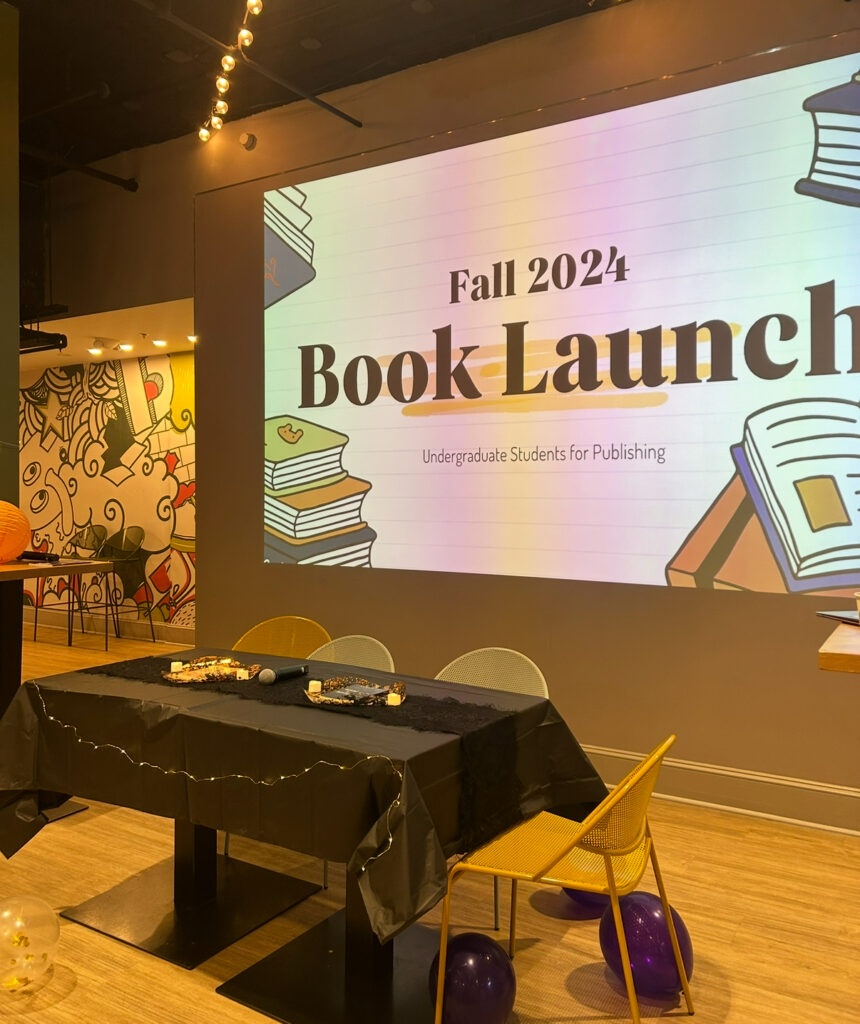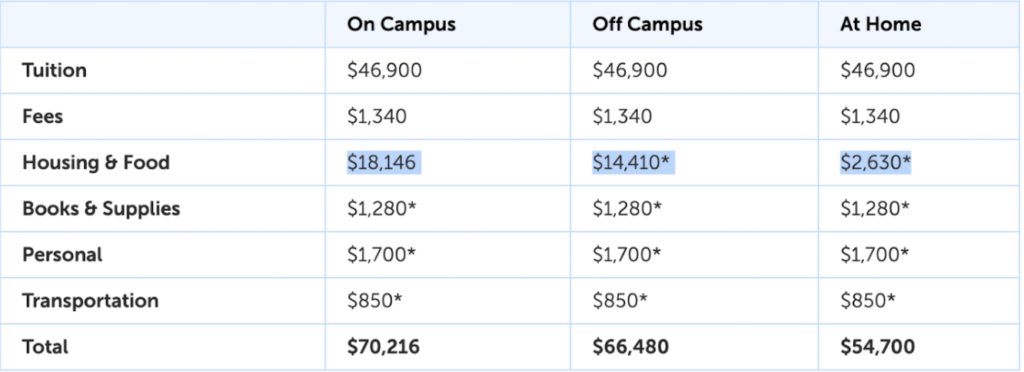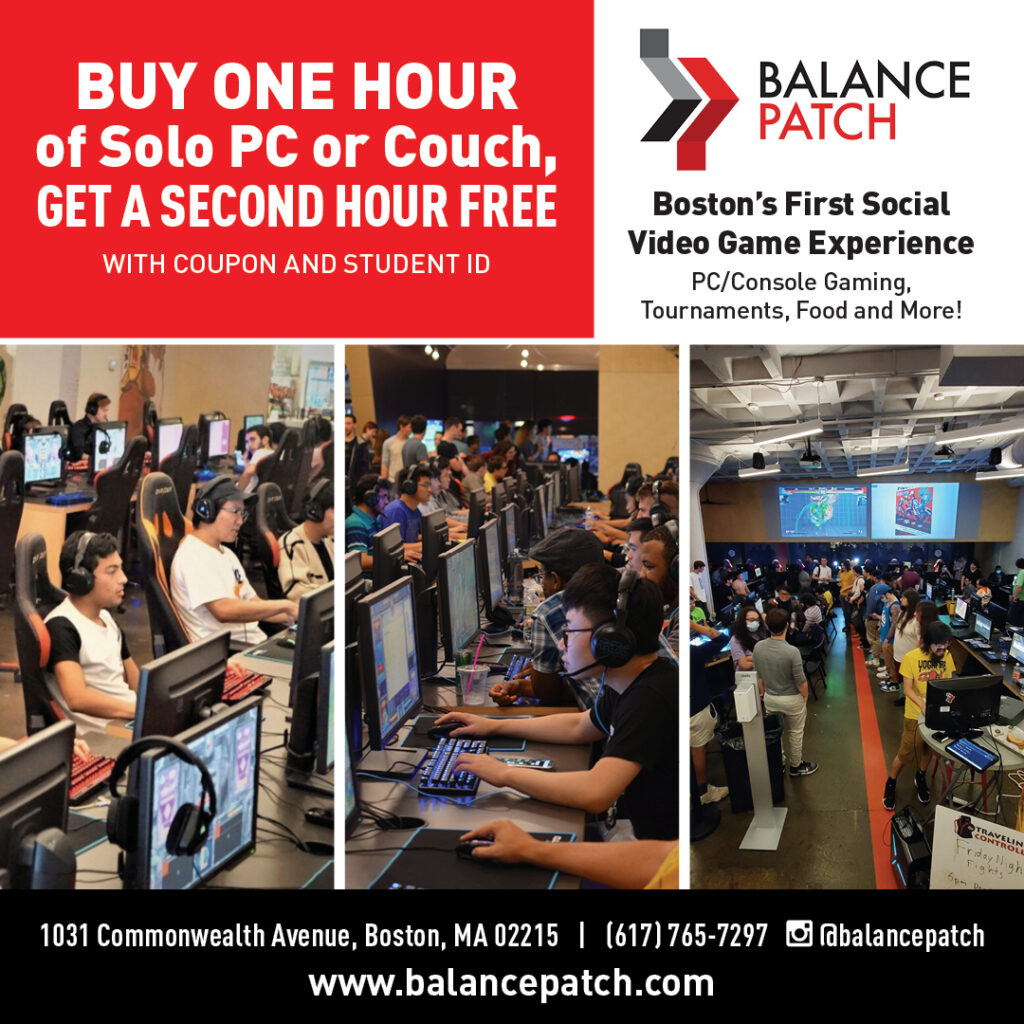
Many social media trends are more than fleeting. Only a few trends have stuck with me, most are purely nostalgic. However one trend portraying people romanticizing their lives has always stuck with me-especially when I started commuting.
In short, romanticizing your life means taking notice of simple tasks and moments. Making everything mean something. For a while this was a big trend online, one I found myself searching for.
I found myself captivated by videos showing normal actions. Filling fridges and laundry supplies-for example. I loved watching people light candles and clean. All of these actions I could and should have done myself. It wasn’t just the actual actions these influencers were partaking in, it was how they presented them. Everything was aesthetic and sounded nice too.
When influencers showed themselves drinking coffee in cute pyjamas looking out a window I realized in some way I can attain that. Of course social media is only a snippet of life, but it looked genuinely peaceful. I found when I wore pyjama sets (although I never do) and sip some tea outside I felt balanced and calm.
The idea of romanticizing everything in life may seem problematic. Perhaps some may argue people are choosing to live in delusion rather than face the mundane reality. When I romanticize my life I find I am more productive and feel overall better.
Of course when I was obsessed with the idea of romanticizing everything I spent a lot of money. In order to romanticize your life it seemed like you needed to spend money on all the cute, aesthetic things. Now this is completely just consumerism, and you do not need to spend anything to romanticize your life.
You can stand outside with tea or coffee in old pyjamas that don’t go together in any way. Putting more energy into studying and listening to music is all it takes to romanticize life slightly. Instead of just watching a show I light candles. It is all about a wonderful ambiance and the full-fillment you get. That is what makes it so special; you can make it yours completely.
Sometimes when I try to romanticize life I work on being in the moment. I often catch myself being caught up in the future. What work am I going to have to do when I get home? What am I going to do after I graduate? What are my plans next week?
Instead of creating mind lists sometimes you just need to watch outside as the train moves.
Regarding college, the idea of romanticizing everything works well with studying. I love annotations and find myself listening to chill music with a good pen and highlighter. It’s silly, but it almost feels aesthetic. The motivation to finish a book or annotate a paper keeps me doing my work at a reasonable pace.
I am the worst at keeping a routine, but I am someone who needs one. Without a routine time seems to fly by, and I end up doing nothing. Having a routine, whether it is strict or loose, is a way I have found myself going out and feeling better about my life.
Set a routine that works for you; it doesn’t have to be anything insanely rigid. Having something simple that you do every day and that you look forward to is something I have found to be valuable.
Being in the best mindset and as happy as you can be has helped me immensely, and I am sure it will help you too.

By Isabel DeSisto
Isabel DeSisto is a senior majoring in Writing, Literature, and Publishing at Emerson College. She is an avid traveler and is always looking to go on a trip. While adventurous, there is nothing she enjoys more than hanging out with her dogs and reading a book.
For over 25 years, the Campus Clipper has helped college students in New York City—and later in Boston and Philadelphia—save money and succeed in city life. We offer a digital coupon booklet with discounts on food, clothing, and services, plus an Official Student Guidebook with real advice on how to navigate college life in a big city. Our internship program lets students build skills, earn money, and publish their own e-books. Follow us on Instagram and TikTok @CampusClipper, and sign up for our newsletter to get deals straight to your inbox. To access the digital coupons, scan the QR code on our printed card—available in dorms, student centers, and around campus.















